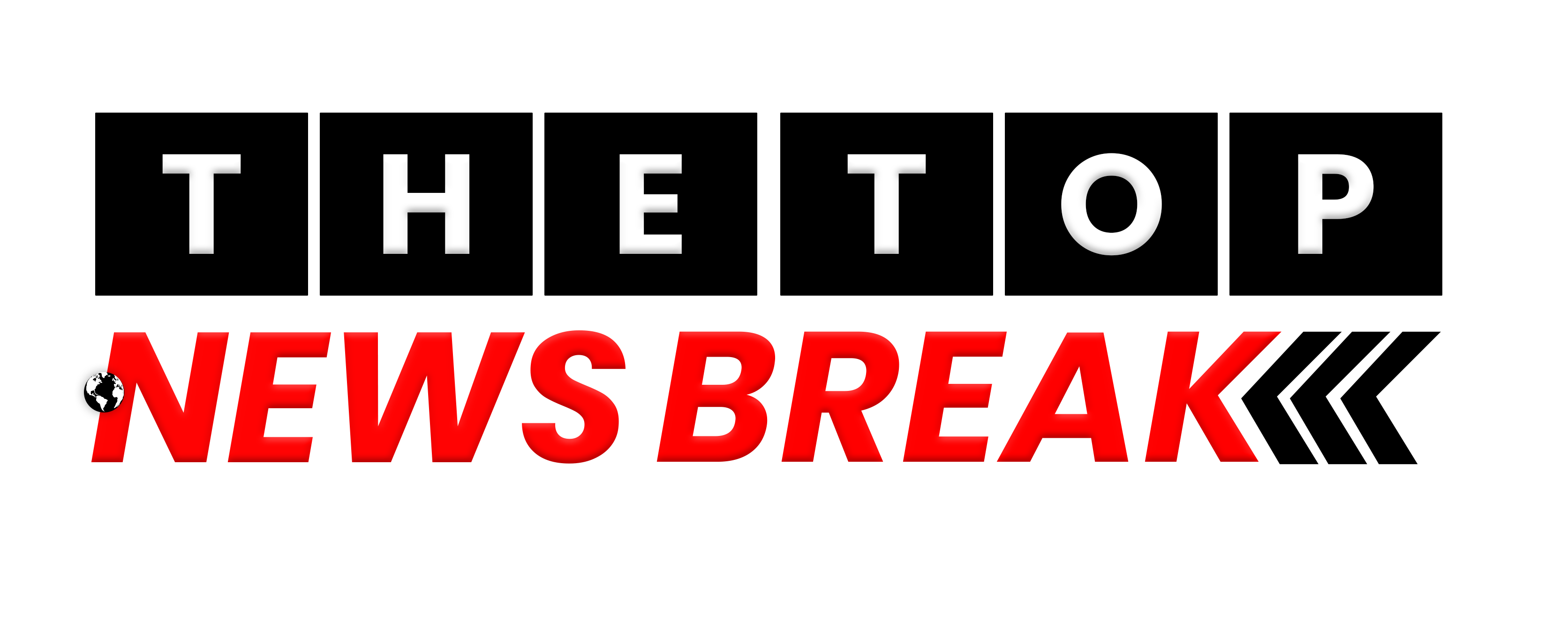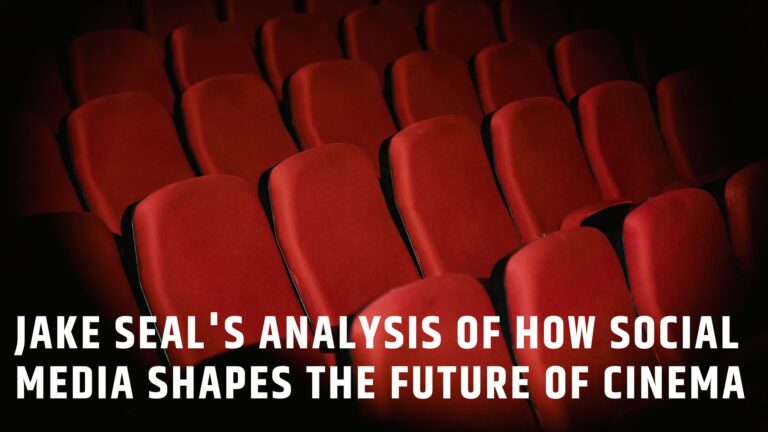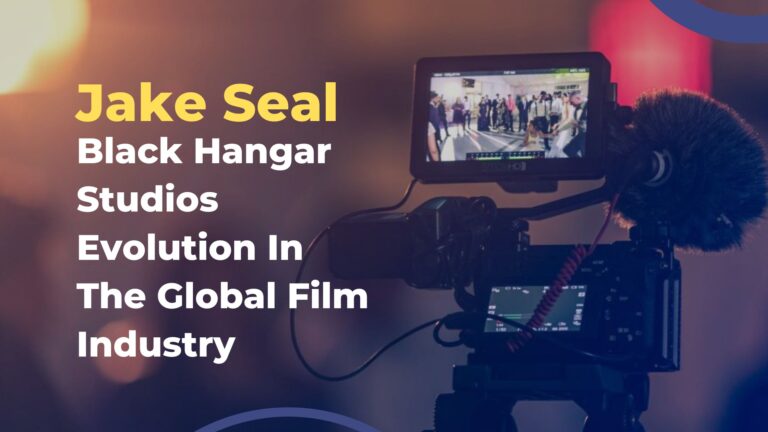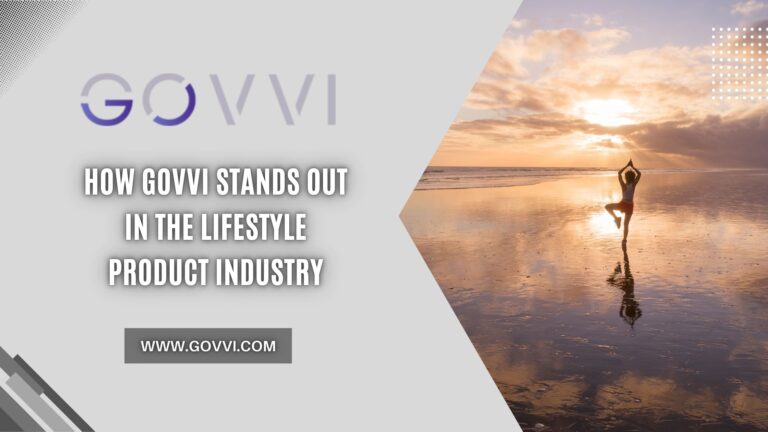In an age dominated by technology and connectivity, it’s undeniable that social media has transformed the way we communicate, share, and consume content. One realm where this transformation is particularly evident is the world of cinema.
In this article, we’ll delve into Jake Seal’s insightful analysis of how social media is reshaping the future of cinema, influencing everything from marketing and storytelling to audience engagement and distribution.
The Power of Social Media
Jake Seal’s analysis begins by recognizing the immense power of social media platforms. With billions of users worldwide, platforms like Facebook, Instagram, Twitter, and TikTok provide an unprecedented reach for filmmakers and studios to connect with their audience.
In essence, social media has democratized the promotion and distribution of cinema, giving independent filmmakers and major studios alike the opportunity to showcase their work on a global stage.
Changing Marketing Strategies
One of the most significant impacts of social media on cinema is the evolution of marketing strategies. Traditionally, film marketing relied heavily on expensive advertising campaigns, billboards, and television commercials. Today, these traditional methods are still in use, but social media offers an additional, more cost-effective avenue.
Film studios now harness the power of influencers, who have massive followings on platforms like Instagram and YouTube, to promote their movies. This approach not only saves money but also creates a more authentic connection with the audience.
When an influencer shares their excitement about an upcoming film, it can feel more genuine and relatable than a polished television ad.
Furthermore, social media provides a platform for fans to engage with teasers, trailers, and promotional content in real time. This dynamic engagement fosters a sense of community and anticipation around a film release, which can be invaluable in generating buzz and excitement.
Also Read: Hotelier George Dfouni is now exploring the presidency in Lebanon
The Rise of Fan Engagement
Social media has given birth to a new era of fan engagement, where enthusiasts can connect with their favorite films and filmmakers on a personal level. Jake Seal highlights how directors, actors, and studios are now more accessible than ever before.
They can directly engage with fans, answer questions, and share behind-the-scenes glimpses, creating a sense of intimacy and investment in the filmmaking process.
According to Jake Seal, Platforms like Twitter have become hubs for discussions, theories, and fan art, creating a vibrant ecosystem around popular franchises.
This interaction between creators and fans has led to an increased focus on fan feedback and even influenced creative decisions in some instances.
Storytelling and Innovation
In the realm of storytelling, social media has introduced innovative possibilities. Jake Seal discusses how filmmakers are using platforms like Instagram Stories and TikTok to create short-form content that complements their films.
These bite-sized teasers or mini-stories offer a unique way to pique interest and keep the audience engaged before the movie’s release.
Furthermore, Jake Seal says social media-driven storytelling can extend beyond the screen. Interactive stories on platforms like Instagram allow users to make choices that affect the narrative, providing an immersive experience that blurs the line between film and audience.
This form of storytelling represents a thrilling frontier for cinema’s future.
The Distribution Dilemma
Social media has also revolutionized film distribution. With the rise of streaming platforms like Netflix, Amazon Prime, and Disney+, traditional cinema is facing increased competition.
However, social media plays a pivotal role in promoting these streaming services and the films they offer.
Jake Seal notes that the ability to share content easily on social media has made it simpler for audiences to discover and access new films. Additionally, the COVID-19 pandemic accelerated the trend of streaming releases, making it more common for movies to premiere on platforms simultaneously with or even before their theatrical release. Social media serves as a catalyst for spreading the word about these releases.
Also Read: Erik Litmanovich Explains The Difference Between Organic vs. Conventional Food Production
Challenges and Concerns
While social media offers numerous opportunities for the future of cinema, Jake Seal also acknowledges some challenges and concerns. The fast-paced nature of social media can lead to misinformation and negative buzz, potentially harming a film’s reputation before it even hits theaters. Studios must be vigilant in managing their online presence to mitigate such risks.
Moreover, the algorithm-driven nature of social media can result in a filter bubble, where users are exposed only to content that aligns with their existing preferences.
This could limit the diversity of films that audiences discover and engage with. Filmmakers and studios must actively work to break through these echo chambers and reach broader audiences.




